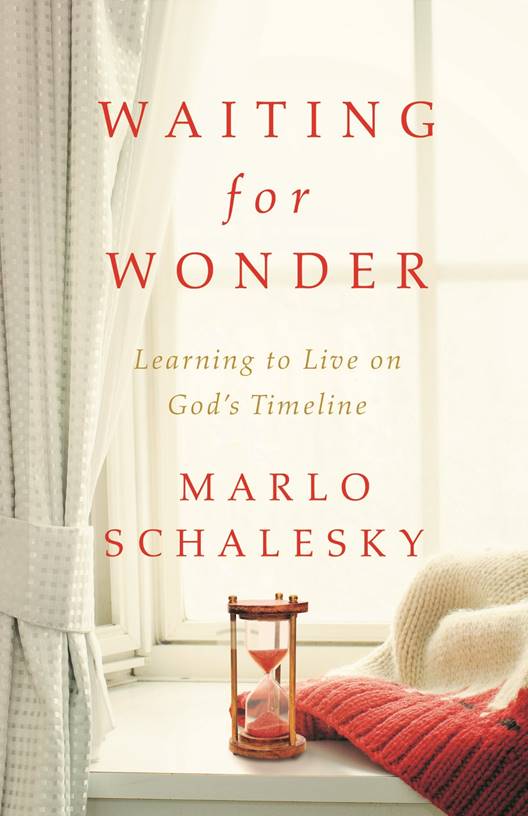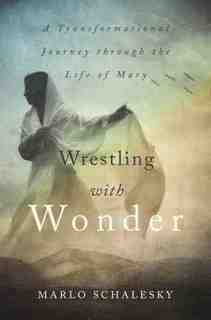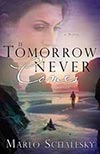Hi Friends,
It's been the strangest week. First, the two huge branches fell from our tree. Someone could have been killed. No one was. Then, Bryan tumbled down a flight of stairs. He could have broken his neck. He didn't. He just broke his arm. Jayna got stepped on by Joelle's horse. She could have broken her foot. She didn't. It was just a little sore. Bryan's horse, Smokey, caught his foot in the feeder. He could have broken his leg. He didn't. After a lot of hard work from Bethany and I, we set him free. He's fine (the feeder, however, is not!). Add all that to a couple close calls on the freeway, and it's got me thinking about how life just ain't easy. It's often filled with trials and hardships, tragedies and close calls, mess ups and moments that don't go as planned.
And it got me thinking about a question that a reader asked me awhile back. She asked if I thought that hard times, tragedy, or simply things-going-wrong was a sign of God's punishment.
I said no.
I also said:
And here’s what I answered:
When I think of the great men of faith in the Bible, I find people who were both close to God and also faced hardship and pain – not as punishment or because of God's displeasure, but because that was part of what God had called them to in their journey with Him. Abraham, the father of faith, faced infertility. David was chased by a crazy king. Peter was hung upside down on a cross. Paul was beaten and thrown again and again into prison before being finally martyred. John, named the disciple Christ loved, was exiled. And those examples don’t even include prophets like Hosea, Jeremiah, Habakkuk.
And what happened to Christ Himself? He was beaten, mocked, and executed on a Roman cross.
So, these examples and many, many more in the Bible tell me that hardships, tragedies, and pain are not a sign of God's punishment but rather are to be expected in a life lived with God. Suffering comes with the territory.
But that's not the end of the story. The Biblical examples also tell me that every tragedy, every misfortune, every hardship, can be transformed. It may still hurt and be oh-so-hard, but it need not be purposeless and futile. When God weaves the tapestry of our lives, some of the colors are those of pain and difficulties, but if we let him do the weaving, the picture can be one of breathtaking beauty.
So, given that, I see two big dangers in thinking that hardships are a form of punishment from God. First, such a view causes us to focus on ourselves and the question of “why” rather than focus on the “who” of who God is and how He is with us in the midst of our tragedies and pain. And second, the “punishment” view causes us to turn away from the very one who is there to help and strengthen us in the face of hardship. Instead of looking to God to help us, we look at Him as an adversary, as the One causing the pain. The result is that we become estranged from God just when He is seeking to transform our pain into something that will strengthen us and make us new.
In the epilogue of my 2007 novel, Veil of Fire, the hermit says, “I am . . . loved by God even through fire. Loved too much for him to leave me in my pain. And I know that even though I will always carry the scars, inside I am healed of wounds far more deep, far more ugly than those the fire caused . . . I am made new.” And that is what I think is the main goal of God in our hurts, our hardships, our firestorms. He’s not looking to punish us; instead He wants to transform us and make us new.










0 comments:
Post a Comment